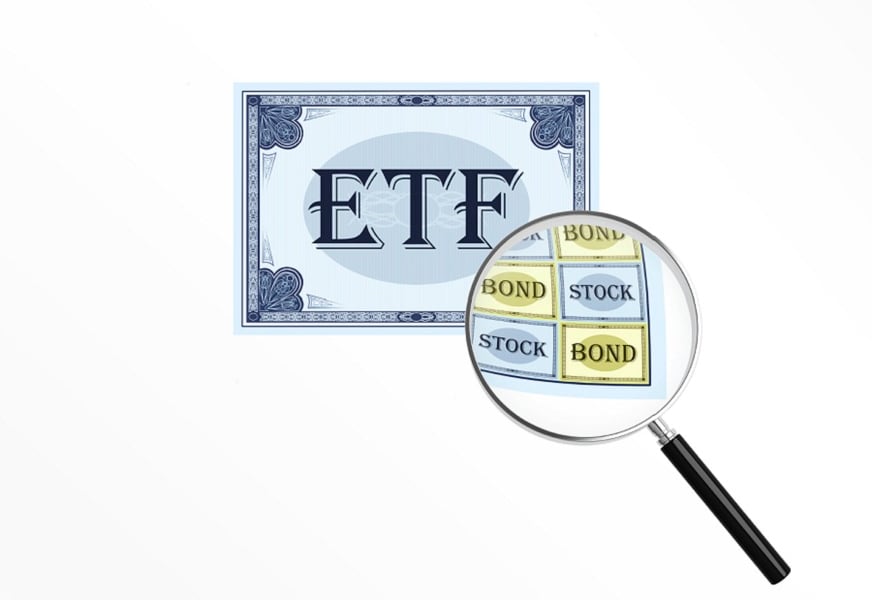Stock exchanges and regulators are scrambling to make exchange-traded funds less susceptible to disruptions after last month's volatility triggered wild price swings for hundreds of the investment products.
The chief executive officer of BATS Global Markets Inc. said Thursday that rules governing U.S. markets need to be updated because they aren't designed to cope with the proliferation of ETFs, instruments that typically track a broad investment portfolio but are bought and sold like individual stocks. An official at the New York Stock Exchange added that it has hired a consultant to review how ETFs trade on the company's markets.
(More: Wild market volatility puts fresh focus on workings of ETFs)
When
markets plunged Aug. 24, ETFs had the biggest issues, prompting questions from regulators, money managers and exchanges over why values diverged so widely from the individual stocks the investments are meant to follow. The price swings led to trading halts for more than 500 ETFs, raising concerns that the day was a preview of worse problems down the line as money continues to flow into the $2 trillion industry.
'MARKETS UNPREPARED'
“The amount of capital shifting into that product is extraordinary and will continue,” BATS CEO Chris Concannon said at a conference in Washington. “We are not prepared for that. We have not built the systems. We have not built the market structure.”
Securities and Exchange Commission officials are currently reviewing whether they should revise curbs on how much prices are permitted to rise or fall on a given trading day due to concerns that those protections don't work for ETFs, commissioner Michael Piwowar said at the same Georgetown University conference where Mr. Concannon spoke. Even before last month's disruptions, the SEC had asked exchanges to explain why trade halts are more common for ETFs than individual stocks, according to a person familiar with the matter.
Exchanges have benefited from ETFs, as listing and trading fees generated from them have spurred revenue growth. The New York Stock Exchange now lists over 1,500 exchange-traded investments, with 154 new ones started this year. The products are popular with investors, because they have lower fees than traditional mutual funds and its easier to add or pull money.
BETTER INCENTIVES NEEDED?
The NYSE's new consultant will review the mechanics of how ETF trading halts function, Stacey Cunningham, the exchange's chief operating officer, said at the conference in Washington. The effort will also try to assess whether brokers need better incentives to keep trading when markets turn choppy, she said.
Ms. Cunningham and BATS's Mr. Concannon traded barbs Thursday over how much of the trouble on Aug. 24 stemmed from NYSE opening its trading late for some stocks. The NYSE invoked a rule that allows its brokers to open stocks manually, rather than displaying every electronic price quote they receive. Ms. Cunningham said the decision helped stabilize markets.
Mr. Concannon said the move allowed brokers to gouge investors. Some trades of private-equity firm KKR & Co. were executed at $8, down from an opening price of $17.73.
“The specialist in KKR stole money from investors,” Mr. Concannon said. “He needs to give it back.”







